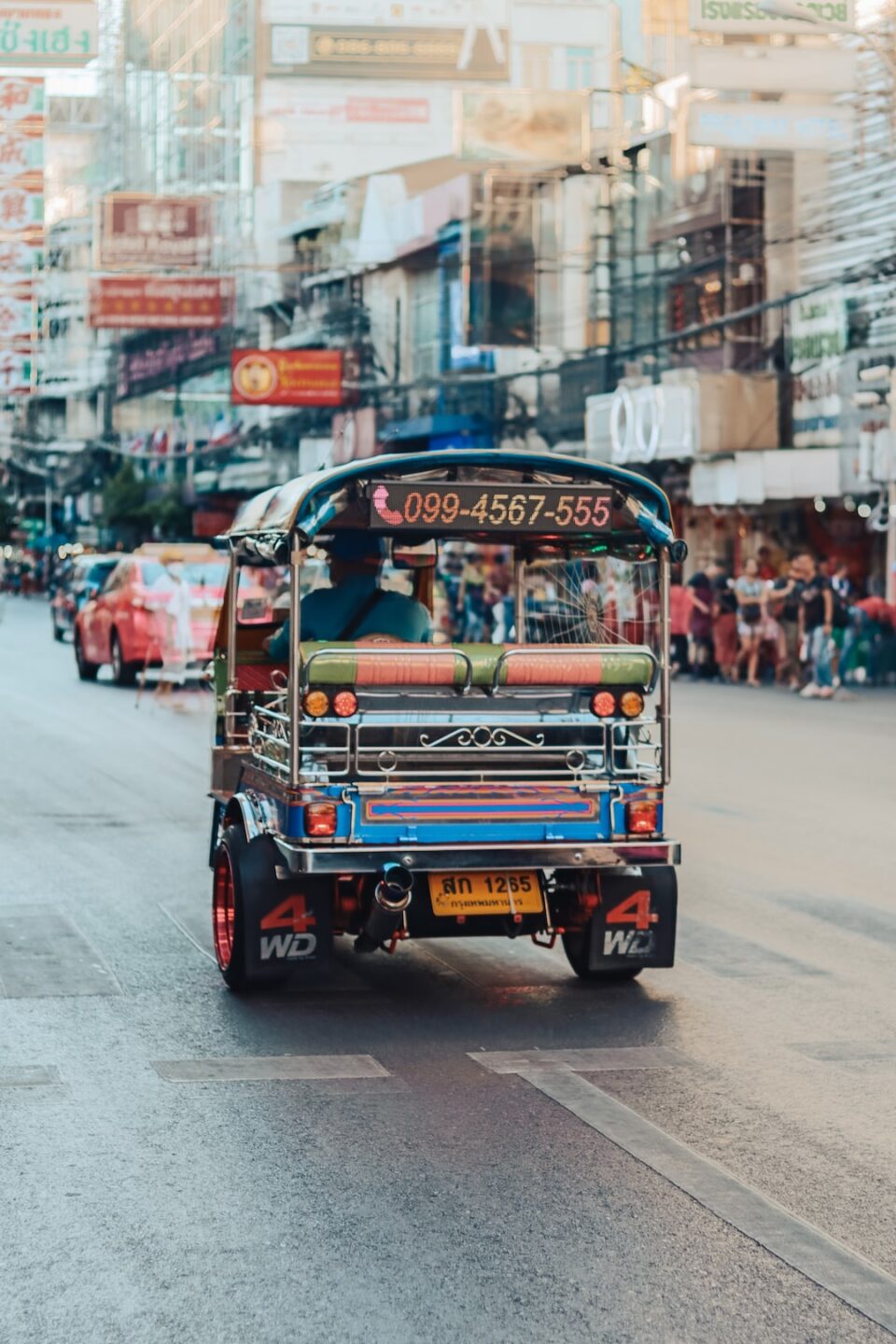Responsible Tourism in Bangkok: Supporting Sustainable Practices
Bangkok, the bustling capital city of Thailand, is a popular tourist destination that offers a mix of modernity and tradition. As travelers flock to this vibrant city, it is crucial to engage in responsible tourism practices that support the local community and environment. By adopting sustainable practices, visitors can ensure a positive impact on Bangkok’s cultural heritage, economic growth, and ecological balance.
One of the key aspects of responsible tourism in Bangkok is supporting the local economy. Instead of staying in large international chain hotels, consider opting for locally-owned accommodations. Not only will this provide a more authentic experience, but it also helps local businesses thrive. Additionally, dining at local eateries and shopping at local markets not only exposes you to traditional Thai cuisine and products but also ensures that your money goes directly to the local community.
Preserving Bangkok’s cultural heritage is another vital part of responsible tourism. Bangkok is home to numerous historical sites, such as the Grand Palace and Wat Phra Kaew. When visiting these landmarks, it is important to respect the local customs and traditions. Dress modestly, remove your shoes when entering temples, and be mindful of your behavior. By doing so, you are contributing to the preservation of Bangkok’s rich cultural heritage.
Moreover, responsible tourism involves minimizing your environmental footprint. Bangkok faces several environmental challenges, including air pollution and waste management. As a responsible traveler, there are several steps you can take to mitigate these issues. Opt for public transportation, such as the Skytrain or metro, instead of relying on private cars or taxis to reduce air pollution. Additionally, carry a reusable water bottle and say no to single-use plastics to minimize waste generation. Participating in community clean-up initiatives or supporting eco-friendly tours and activities can also contribute to the city’s environmental sustainability.
Another way to support sustainable practices in Bangkok is by engaging with ethical wildlife tourism. While the city is known for its diverse wildlife, it is crucial to ensure that interactions with animals are responsible and sustainable. Many elephants, for instance, are subjected to mistreatment or exploitation for tourist entertainment. Instead, consider visiting ethical elephant sanctuaries that prioritize the well-being and conservation of these magnificent creatures.
Lastly, responsible tourism includes respecting the local communities and their way of life. When visiting local neighborhoods or rural areas surrounding Bangkok, it is important to be mindful of local customs and traditions. Engage with the locals respectfully, learn about their way of living, and support their cultural initiatives. By immersing yourself in the local lifestyle, you not only enrich your travel experience but also support the well-being of the local communities.
In conclusion, responsible tourism in Bangkok entails supporting sustainable practices that benefit the local community, preserve the cultural heritage, and protect the environment. By choosing to stay in locally-owned accommodations, respecting cultural norms, minimizing your environmental footprint, engaging with ethical wildlife tourism, and respecting local communities, you can contribute to the long-term sustainability of this vibrant city. By adopting responsible tourism practices, we can ensure that Bangkok remains a desirable destination for future generations to explore and appreciate.

